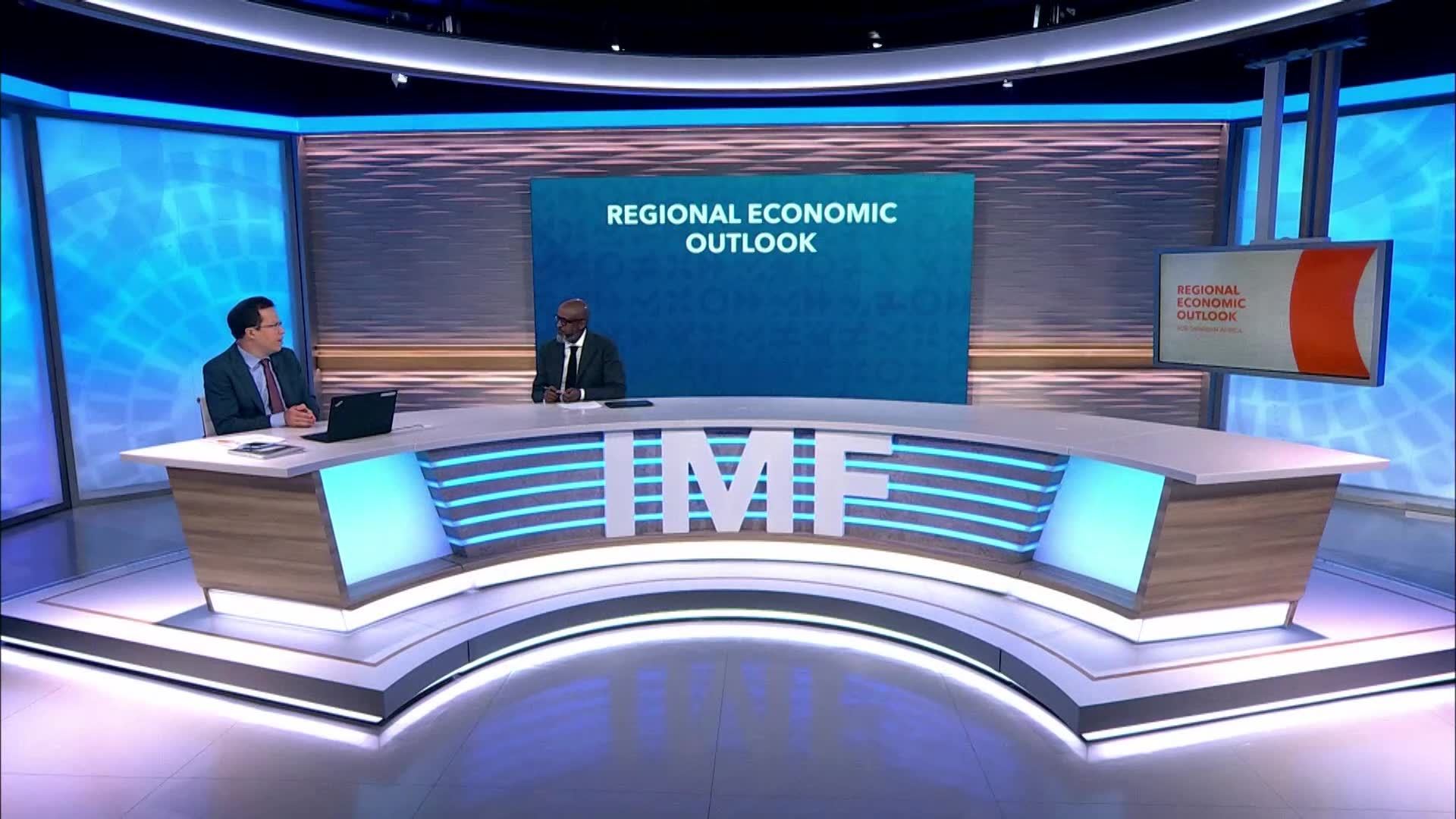The IMF sees a challenging economic outlook for Africa due to the war in Ukraine and lingering impact of pandemic, but there are reasons to be optimistic as well, Africa Department Director Abe Selassie told reporters in Washington Thursday (April 28)
“At the start of 2022 and even a little after in the third year of the pandemic, it looked like sub-Saharan African countries were beginning to recover from the very difficult economic conditions they had encountered in 2020 and 2021. Unfortunately, most countries in the region are now facing a major setback,” Selassie told reporters at the launch of the Fund’s Africa Regional Economic Outlook report.
Higher fuel costs and the prospect of a smaller than usual wheat harvest in Ukraine were key drivers of inflation. This could lead to social unrest, the IMF has warned.
“Indeed, over the last couple of months we have increased our inflation projections significantly, lifting the regional average for 2022 by a full four percentage points, which represents the worst inflation reading in the region since 2008. But most importantly, high food prices have increased food security concerns across the continent and will hurt all segments of the population,” he said.
Many countries in Africa borrowed heavily to deal with Covid-19, and with looming interest rate hikes by the US Federal Reserve on the horizon, the IMF is urging concessional financing and grants be offered to reduce the debt load.
“This is a new shock, and this shock requires incremental financing and not just, you know, reallocating support that was already committed. So, I think the international community can help by coming forward with robust concessional financing,” said Selassie.
But the report did see signs of resilience, and higher commodity prices may help some countries, particularly oil exporters.
“I do want to emphasize that, yes, that was a very difficult policy environment. But, you know, it is a region which has been very, very resilient. It's resilience that's been tested time and again, unfortunately, in recent years. But I do remain very optimistic about the medium- and long-term growth potential of our countries. It's just making sure that we come through this period,” he said.
The IMF is urging policymakers to be nimble and flexible to put their finances on firm ground to handle debt while ensuring adequate social spending and safety nets. He pointed to Kenya as an example of countries walking the fine line.
“In countries like Kenya, where the exchange rate is flexible, where you have, you know, relatively deep and liquid financial markets, allowing the exchange rate to move is, I think as the Bank of Kenya, Central Bank of Kenya has done the right policy step. I think, you know, in the highly uncertain global environment we face making sure that the reserves remain adequate, that there is some exchange rate flexibility to absorb. This is all is all important in terms of the financing outlook.”
The full event can be viewed at the IMF’s YouTube channel or at IMF.org

